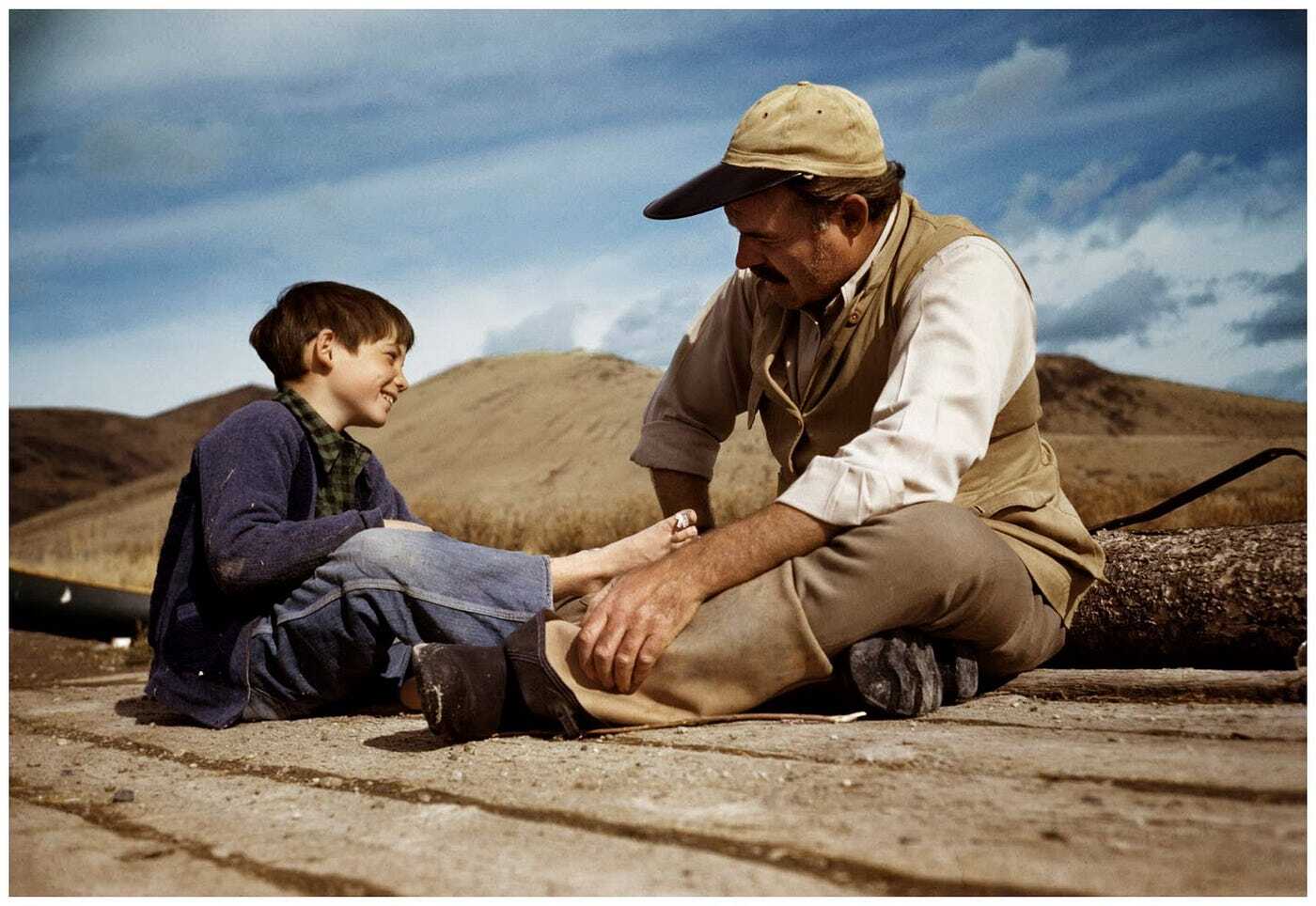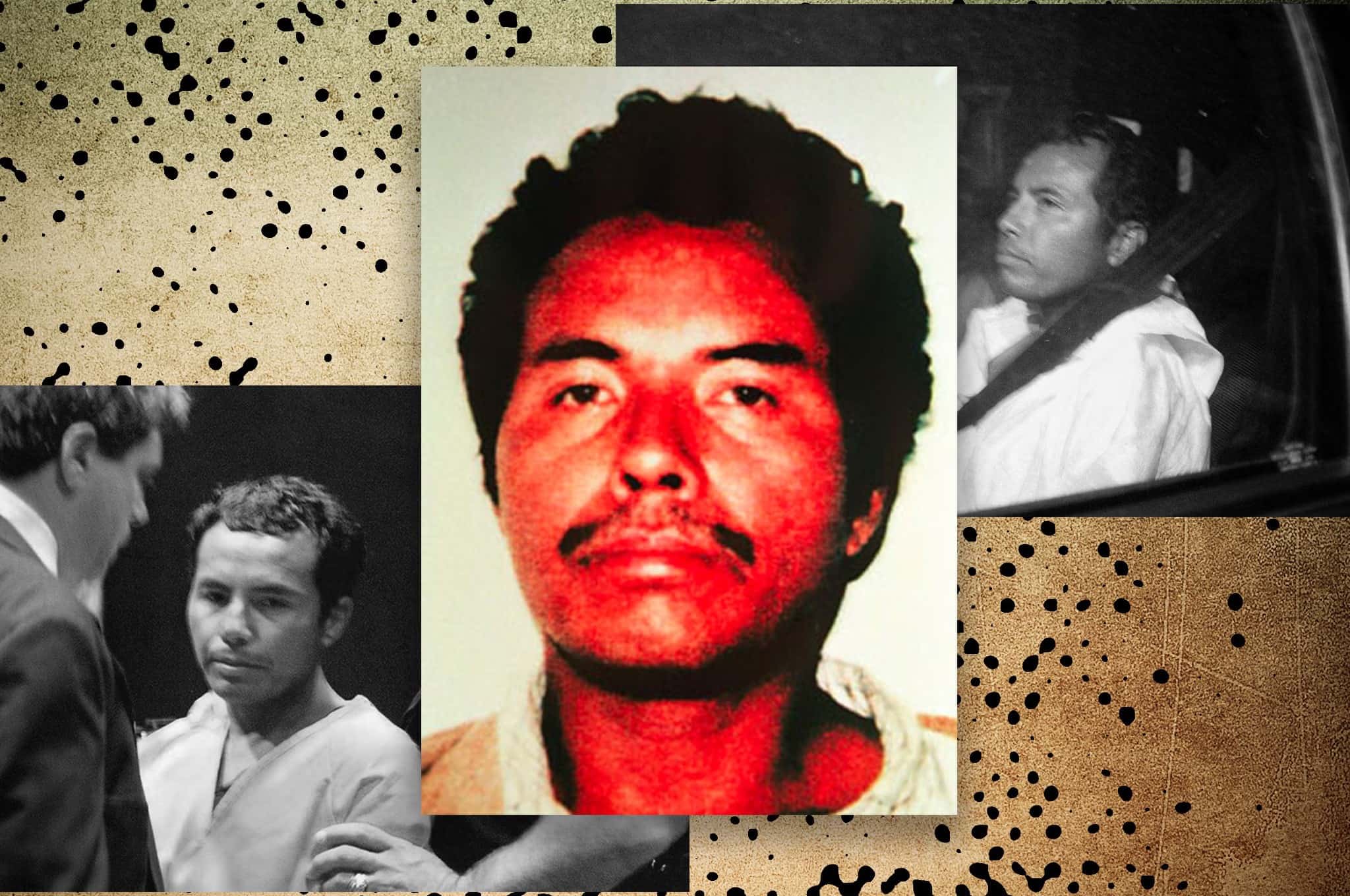
Who was Gregory Hemingway? Gregory Hancock Hemingway, also known as Gloria Hemingway, was the youngest son of the famous American novelist Ernest Hemingway. Born on November 12, 1931, in Kansas City, Missouri, Gregory's life was a mix of literary legacy, personal struggles, and a quest for self-discovery. His journey included a career in medicine, multiple marriages, and a complex relationship with his father. Gregory's later years saw him transition to Gloria, embracing his true identity. Despite facing mental health challenges and legal issues, Gregory's story remains a poignant chapter in the Hemingway family's history, highlighting themes of resilience and empathy.
Key Takeaways:
- Gregory Hemingway, son of famous novelist Ernest Hemingway, faced mental health struggles and underwent a gender transition. His story inspires compassion and understanding for the transgender community.
- Despite personal struggles, Gregory Hemingway's journey towards self-discovery and eventual transition to Gloria serves as a testament to the complexities and challenges faced by transgender individuals.
Early Life and Family Background
Gregory Hancock Hemingway, born on November 12, 1931, in Kansas City, Missouri, was the youngest son of the famous American novelist Ernest Hemingway. His early years were filled with both privilege and turmoil, setting the stage for a life marked by complexity.
- Gregory was the youngest of three sons born to Ernest Hemingway and his second wife, Pauline Pfeiffer.
- His godparents were Gertrude Stein and Alice B. Toklas, influential figures in the Parisian literary circle.
- Summers spent on Walloon Lake in upper Michigan were a significant part of Gregory's childhood.
- Gregory's relationship with his father was often tumultuous, marked by clashes between Ernest's machismo and Gregory's sensitive nature.
- Depression and chemical imbalance were early struggles for Gregory, influenced by a family history of mental health issues.
Education and Career
Despite the literary legacy of his family, Gregory chose a different path, pursuing a career in medicine. However, his professional life was often overshadowed by personal struggles.
- Gregory did not immediately follow in his father's literary footsteps, opting instead to become a physician.
- He was married four times and had eight children, with his first three marriages being particularly significant.
- Gregory's long-term relationship with Valerie Danby-Smith, Ernest Hemingway's secretary, lasted almost 20 years.
- His journey towards self-discovery and gender transition began in his later years, leading to his adoption of the name Gloria.
- Gregory's later years were marked by a series of arrests in Florida and Montana, reflecting ongoing personal struggles.
Mental Health and Personal Struggles
Gregory's life was deeply affected by mental health issues, which influenced his actions and relationships. His struggles were a significant part of his story.
- Gregory underwent hundreds of shock treatments for his depression.
- He suffered from manic depression, which significantly impacted his life.
- His relationship with his mother, Pauline Pfeiffer Hemingway, was complex and sometimes tumultuous.
- Gregory's father's strong personality often led to confrontations, particularly regarding Gregory's femininity.
- Despite these challenges, Gregory wrote several books, including "Papa: A Personal Memoir," providing a nuanced portrayal of his father.
Transition to Gloria
In his later years, Gregory began a journey towards self-discovery, culminating in his transition to Gloria. This period was marked by significant changes and challenges.
- Gregory started to identify as a woman and eventually underwent a sex change operation.
- He adopted the name Gloria and began living as a woman.
- Gregory's final arrest was for indecent exposure and resisting arrest without violence.
- He appeared to be drunk or otherwise impaired at the time of his final arrest.
- Gregory Hemingway died on October 1, 2001, due to hypertension and cardiovascular disease while incarcerated.
Legacy and Media Response
Gregory's life and death were met with a mix of media responses, some of which were criticized for their handling of his gender identity. His legacy continues to inspire and educate.
- The media response to Gregory's death was criticized for its handling of his gender identity.
- Gregory's family members, including his daughter Lorian, have spoken out about the need for empathy and understanding.
- Despite his personal struggles, Gregory's life was deeply influenced by his father's literary legacy.
- Gregory was described as strong, stocky, and keenly intelligent, with a humorous face and freckled skin.
- He was an excellent athlete from a young age, marvelous with horses, and shared his father's love for adventure.
Later Years and Death
Gregory's later years were marked by ongoing struggles with mental health and legal issues. His death highlighted the complexities of his life and the challenges he faced.
- Gregory's later years were marked by a series of arrests in Florida and Montana.
- His final arrest was for indecent exposure and resisting arrest without violence.
- The autopsy report listed hypertension and cardiovascular disease as the causes of Gregory's death.
- Gregory is interred next to his father and half-brother Jack in the cemetery in Ketchum, Idaho.
- The media coverage of Gregory's death was criticized for its handling of his gender identity.
Impact on the Transgender Community
Gregory's journey towards self-discovery and his eventual transition have inspired many within the transgender community. His story serves as a testament to the complexities and challenges faced by transgender individuals.
- The LGBT magazine The Advocate published an article discussing the coverage of Gregory's death.
- Gregory's daughter Lorian sympathized with the media's portrayal of her father, hoping it brought him some peace.
- Gregory's journey towards self-discovery and his eventual transition have inspired many within the transgender community.
- His story serves as a testament to the complexities and challenges faced by transgender individuals.
- Gregory left behind a legacy that continues to inspire and educate, serving as a reminder of the enduring power of human resilience and the importance of compassion in understanding the human experience.
Gregory Hemingway's Complex Legacy
Gregory Hemingway's life was a whirlwind of literary heritage, personal battles, and a quest for self-identity. As the youngest son of the iconic Ernest Hemingway, Gregory faced immense pressure and expectations. His struggles with mental health and gender identity painted a poignant picture of resilience and vulnerability. Despite numerous challenges, he carved out his own path, transitioning to Gloria in his later years. His memoir, "Papa: A Personal Memoir," offers a heartfelt glimpse into his relationship with his father and his own journey. Gregory's story, marked by arrests and health issues, underscores the importance of empathy and understanding. His legacy, though complicated, continues to inspire, especially within the transgender community. Gregory Hemingway's life reminds us of the enduring power of human resilience and the need for compassion in understanding complex personal journeys.
Frequently Asked Questions
Was this page helpful?
Our commitment to delivering trustworthy and engaging content is at the heart of what we do. Each fact on our site is contributed by real users like you, bringing a wealth of diverse insights and information. To ensure the highest standards of accuracy and reliability, our dedicated editors meticulously review each submission. This process guarantees that the facts we share are not only fascinating but also credible. Trust in our commitment to quality and authenticity as you explore and learn with us.


